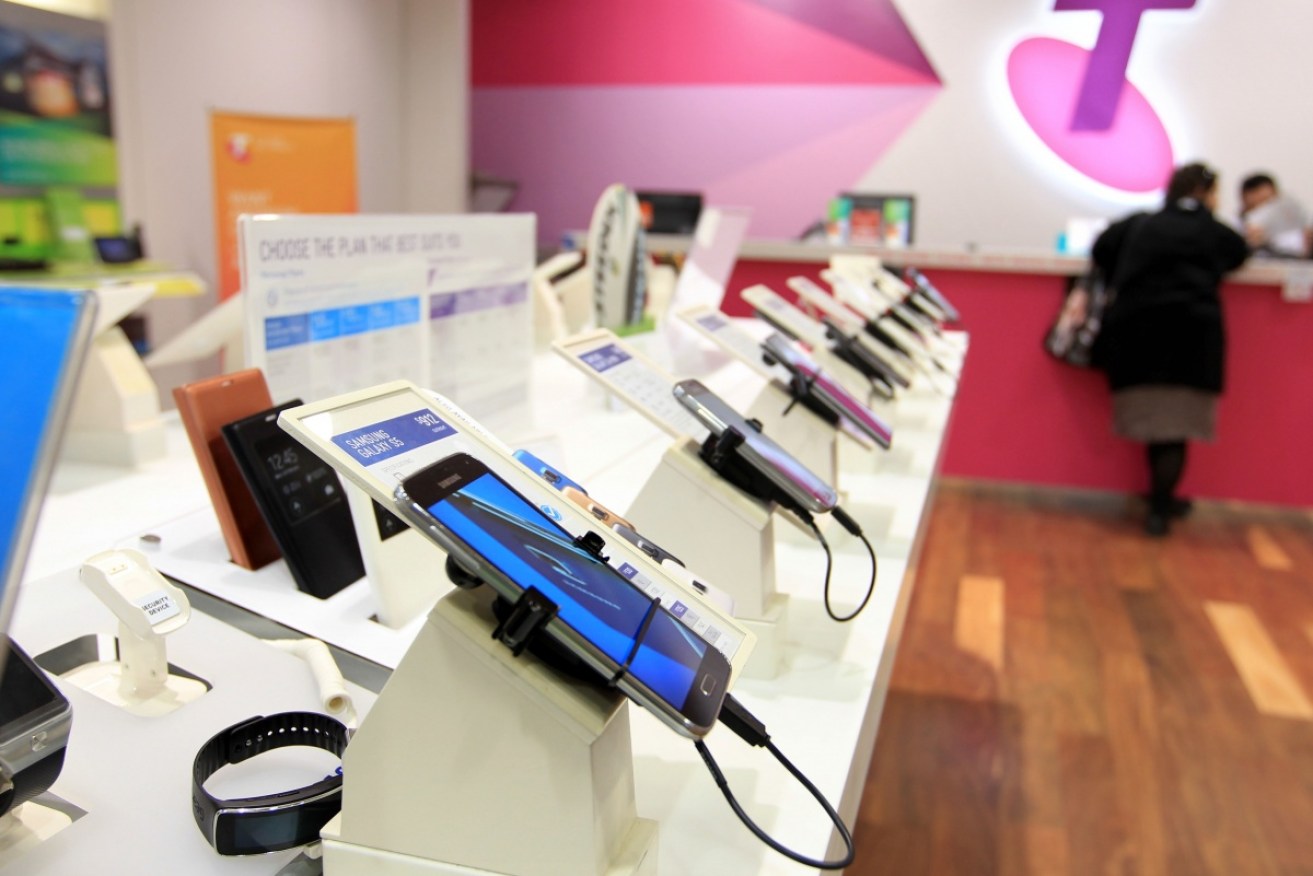Telstra takes the lead to refund thousands of NBN customers


Telstra has reimbursed some customers whose NBN has failed to deliver the promised internet speeds. Photo: Getty
Telstra has become the first retail service provider to offer financial compensation to thousands of angry NBN customers who have received substandard internet speeds.
The telecommunications company admitted that one per cent of its NBN customers – about 7900 people – had been promised speeds that were unattainable, blaming the varied NBN technologies for the inconsistent speeds across the network.
In a blog post, Telstra Retail group executive Kevin Russell said it was “critical” that customers did not pay for speeds any higher than what their home or business was able to receive.
“The vast majority of customers are seeing the performance we expect. However, we identified a subset of customers on fibre-to-the-node (FTTN) who have taken up a ‘speed boost’ who are not receiving the higher speeds we expect,” he wrote.
“We’re in the process of proactively contacting those customers to move them to a speed tier their NBN service supports.
“In any cases where we believe that customers may have paid for a ‘speed boost’ they haven’t benefited from, we’ll be reimbursing … any ‘speed boost’ charges they have incurred.”
This comes one month after the Australian Competition and Consumer Commission announced it would begin tracking internet speeds delivered to NBN customers by each retailer.

Telstra has paid customers back who received substandard NBN speeds. Photo: AAP
Last week the Telecommunications Industry Ombudsman released figures revealing more than 7500 NBN-related complaints in the six months from July to December 2016.
Criticism over the network surged 117.5 per cent compared to the previous year.
Throughout the national rollout, many customers have complained that neither their service provider nor NBN Co take responsibility for the network’s failures, often passing the buck to the other party.
A Telstra spokesman told The New Daily that affected customers would be contacted by email or phone and the “compensation will be automatic and in full”.
“We will move a customer to a lower speed tier if the customer’s service does not attain upload and download speeds within the range associated with the speed boost the customer is on,” he said.
The spokesman would not confirm how many customers had claimed a reimbursement.
When asked about the options available to affected customers who require higher internet speeds but would be dropped to a lower tier, Telstra referred The New Daily to NBN Co for comment.
NBN spokeswoman Philippa Perry told The New Daily that it “is up to the retail service provider to sell retail products (i.e. speed and data packages) to end users based on the speeds that are available to that particular premise”.
“Given we’re a wholesaler, we don’t have a direct commercial relationship with end users (consumers),” she said.

NBN Co says broadband speeds are dependent on the specific premise. Photo: AAP
Ms Perry said customers could apply for an Individual Premise Switch which would allow FTTN customers to upgrade to FTTP, however, only at an additional cost to the consumer.
Ms Perry said NBN “supports any initiative that promotes transparency on retail speeds available on the NBN network”.
Slower NBN speeds may be a result of a number of factors including in-home wiring, equipment and Wi-Fi quality, how much capacity the retail service provider purchased from NBN, the speed tier selected, and the underlying technology used to deliver the internet to their home.
In future, Telstra customers who opt for the ‘speed boost’ will be reviewed during the first month after signing up, so that they can be contacted if Telstra believes they are not receiving the speeds for which they signed up.
Optus refused to comment when The New Daily asked the service provider whether it would follow Telstra’s lead to offer its affected NBN customers a refund.








